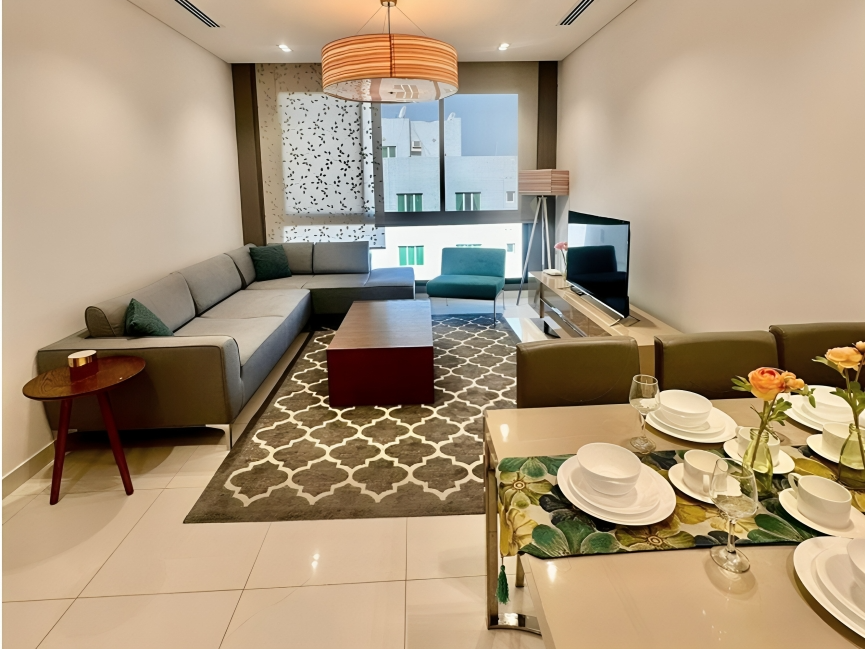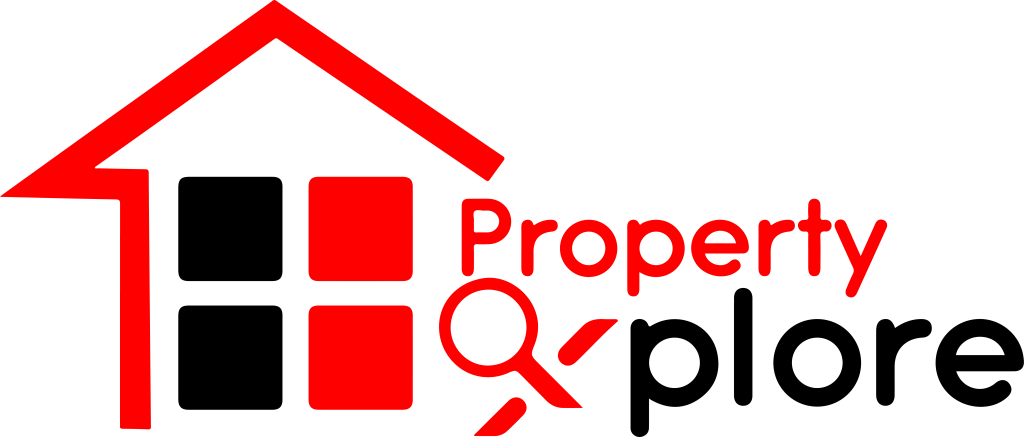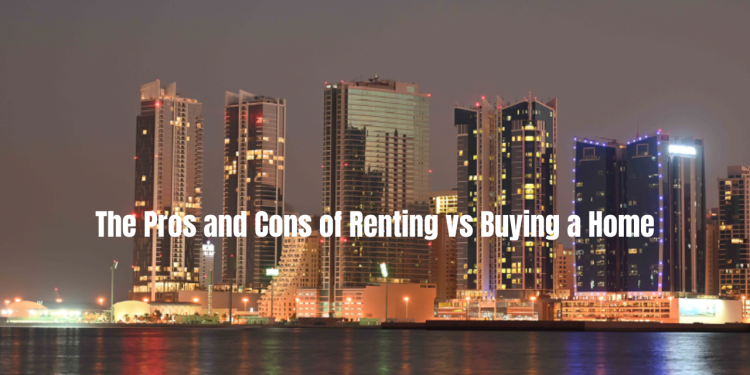Pros of Renting a Home
1. Flexibility and Mobility
One of the biggest benefits of renting a house is the flexibility it offers. Renters have the freedom to move more easily, whether it’s for a job change, a lifestyle adjustment or just a new adventure. Lease agreements usually last from six months to a year, giving tenants the ability to leave in a relatively short period of time. This flexibility is a key consideration in the Pros and Cons of renting vs buying a home because it contrasts with the more permanent nature of home ownership.
2. Lower Upfront Costs
Renting generally requires less financial commitment upfront compared to buying a home. While you may need to pay a security deposit and the first month’s rent, this amount is usually much lower than the down payment required for purchasing a property. This can be beneficial if you’re not ready to make a significant financial investment.
3. No Maintenance Costs
When you rent, the responsibility for most maintenance and repair issues falls on the landlord. This means you’re not liable for unexpected expenses such as plumbing problems or roof repairs. These costs are typically covered by the property owner, allowing you to enjoy a hassle-free living experience.
4. Financial Flexibility
Renting offers financial flexibility, as you are not tied to a mortgage or property taxes. This can free up your budget for other investments or savings. Additionally, renters are not affected by property market fluctuations, which can be advantageous during economic downturns.
Cons of Renting a Home
1. No Equity Building
Unlike homeowners, renters do not build equity in their property. Rent payments go to the landlord, and at the end of the lease, there’s no tangible asset to show for the money spent. This can be a significant disadvantage if you’re looking to build long-term wealth through property ownership.
2. Limited Control and Customization
Renters often have limited control over the property. Customizing the space to fit personal preferences may be restricted by lease terms or the landlord’s policies. If you want to make significant changes or upgrades, you might not have the freedom to do so.
3. Potential for Rent Increases
Rental prices can increase at the end of a lease term, which may lead to higher living costs. Landlords may raise rent based on market conditions or property improvements, which can affect your budget and stability.
4. No Tax Benefits
Renters do not benefit from the tax deductions that homeowners enjoy, such as mortgage interest and property tax deductions. This can result in higher overall tax liabilities compared to owning a home.
Pros of Buying a Home
1. Equity and Investment Potential
One of the primary advantages of buying a home is the opportunity to build equity. As you pay down your mortgage, you increase your ownership stake in the property. Additionally, owning a home can be a long-term investment that may appreciate in value over time, potentially leading to a profit if you decide to sell.
2. Personalization and Control
Homeownership provides the freedom to personalize and renovate your living space. You can make modifications that reflect your taste and preferences without needing approval from a landlord. This can make a house feel like a true home.
3. Stability and Predictability
Owning a home offers stability, as you are not subject to lease renewals or rent increases. With a fixed-rate mortgage, your monthly payments remain consistent, providing financial predictability. Homeownership can also offer a sense of permanence and community.
4. Tax Benefits
Homeowners may benefit from various tax deductions, including mortgage interest, property taxes, and in some cases, home improvement expenses. These tax advantages can reduce the overall cost of homeownership and make it a financially appealing option.
Cons of Buying a Home
1. Higher Upfront Costs
Purchasing a home involves substantial upfront costs, including the down payment, closing costs, and moving expenses. These costs can be a significant barrier for many potential buyers and require careful financial planning.
2. Maintenance and Repairs
As a homeowner, you are responsible for all maintenance and repair costs. From routine upkeep to unexpected issues, these expenses can add up and impact your budget. Unlike renting, there is no landlord to handle these problems for you.
3. Market Risk and Property Value Fluctuations
Owners are exposed to market risks and property value fluctuations. Economic downturns or changes in the real estate market can affect the value of your home, which can lead to financial losses if you have to sell during a market crash.
4. Long-Term Commitment
Buying a home is a long-term commitment. It requires a stable financial situation and a commitment to stay in one place for a long period of time. If your circumstances change or you need to move, selling a home can be a long and complex process.
Conclusion
The choice between renting and buying a home depends on a number of factors, including your financial situation, lifestyle preferences and long-term goals. Renting offers flexibility, lower upfront costs and less maintenance responsibility, while buying a home offers the opportunity to build equity, customize your space and take advantage of tax benefits. Carefully weigh the pros and cons of each option to make an informed decision that fits your personal and financial needs. If you want explore properties for sale, visit PropertyXplore for a wide range of options and expert advice tailored to your needs.



